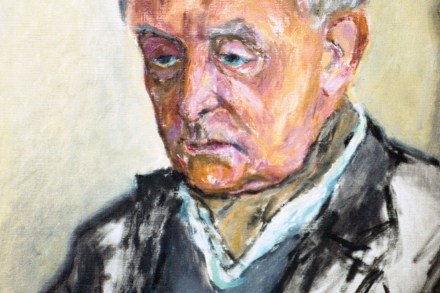Charles Darwin’s contribution to Patagonia’s grim history
It was a journey Bruce Chatwin hankered to make: to Southampton and the grave of General Juan Manuel de Rosas, the exiled Argentine dictator described in the Southampton Times after his funeral in 1877 as ‘one of the most cruel, remorseless and sanguinary tyrants who ever existed on Earth’. Chatwin died before I could accompany



















